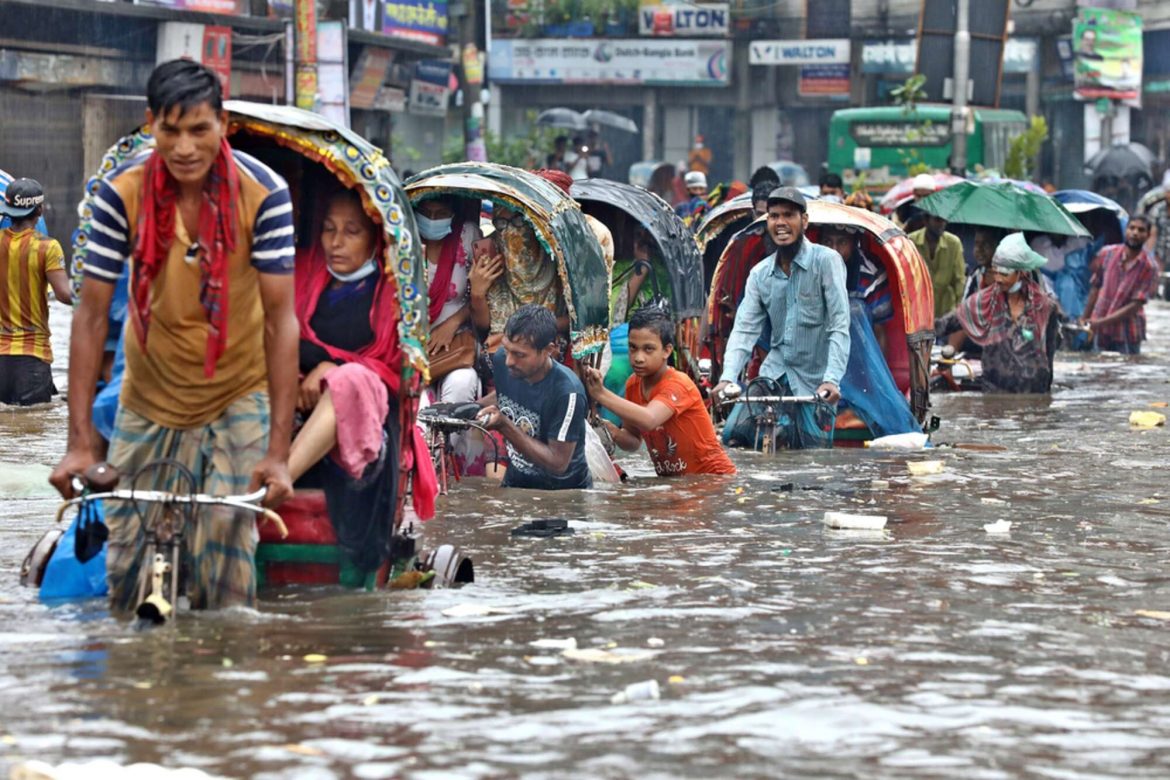A new research has shown that rich nations were not doing enough to protect poor and vulnerable countries from the impacts of the climate crisis, by providing loans instead of grants, siphoning off money from other aid projects or mislabelling cash.
According to a report from the charity Oxfam, only $11.5bn (£9.2bn) of climate finance from rich countries in 2020 was devoted to helping poor countries adapt to extreme weather, despite increasing incidences of climate-related disaster.
Nafkote Dabi, Oxfam’s international climate change policy lead, said that this was inadequate given the scale of the problem. “Don’t be fooled into thinking $11.5bn is anywhere near enough for low- and middle-income countries to help their people with more and bigger floods, hurricanes, firestorms, droughts and other terrible harms brought about by climate change,” she said. “People in the US spend four times that each year feeding their cats and dogs.”
Recall that under a promise made by the developed world in 2009, developing countries should have been receiving $100bn a year in climate finance from 2020, made up of funds to help countries adapt to climate impacts and to cut their greenhouse gas emissions. But that pledge has so far gone unmet, with only $83bn provided in 2020.
Read also: AFDB, Africa Growing Together Fund commit $124.4 million to improve sanitation in Angola
However, it is expected that the $100bn figure should be exceeded this year, but Oxfam said that standard estimates overstated the true amounts. That is because some of the money has been taken from existing overseas aid budgets, and some of what is counted as climate finance includes funds primarily allocated to development projects such as health and education, with only tangential benefits to the climate.
Oxfam also argues that finance should be provided in the form of grants rather than loans, though some donor countries defend the use of loans. If all of these sums are stripped out, then only $21bn to $24.5bn of the $88bn remains as pure climate finance without strings attached, according to Oxfam in its Climate Finance Shadow Report 2023, published on Monday.
At UN negotiations to be held in Bonn, ahead of the Cop28 climate summit that starts on 30 November, Climate finance will come under close scrutiny. This year’s summit – Cop stands for “conference of the parties” under the UN Framework Convention on Climate Change – will be hosted by the United Arab Emirates, a major oil-producing country that plans to expand its fossil fuel production capacity.
Story was adapted from the Guardian.
